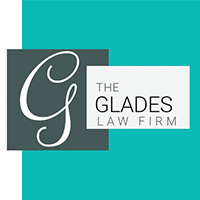 Wheaton Misdemeanor Lawyers, Missouri
Wheaton Misdemeanor Lawyers, Missouri
Not enough matches for Wheaton Misdemeanor lawyer.
Below are all Wheaton Criminal lawyers.
Sponsored Lawyers
1-10 of 16 matches
1120 SE Murphy Blvd
Joplin, MO 64801
Accident & Injury, Divorce & Family Law, Criminal
Our experienced legal staff is dedicated to helping you with the following legal matters: Family Law Criminal Defense Personal Injury
(more)
Military & Veterans Appeals, Family Law, Criminal, Accident & Injury
Family Law, White Collar Crime, Civil Rights, Contract
Traffic, Criminal, Constitutional Law, Civil & Human Rights
Education, Traffic, Motor Vehicle, Criminal





